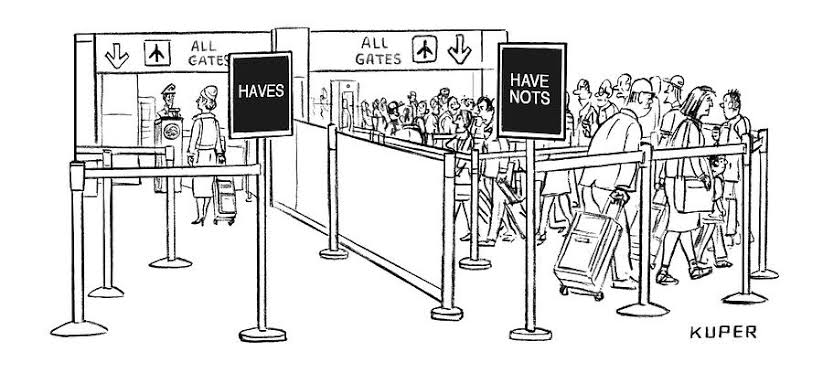Although it’s not hard to note the role of the pandemic in carving a broader perspective of what life, health, travel, ambition, comfort, fulfillment, education, and wealth should look and feel like, let’s just say the contributory effort of social media to the great exodus of talents(across demographics and sectors) is also not far fetched.
“Today, when people ask me what social media’s impact is on ‘Japa nation, I tend to look at it from a completely different lens. Sometimes, not everything is as it seems,” said Frankline Ozekhome, a pop culture strategist and trends futurist.
“Personally, I noticed that social media played more than an active role in this. As we scan, glean, watch, like and comment on reels, videos, posts, and live events, we are transported into far-flung realms that are now seemingly within our grasp. Every post is from a penpal with whom we share friends and communities; every video is a movie production that we partake in scripting and directing, and every meme or gif is a news story that we can edit, clip, share, comment on, and reshare as the executive producer.”
Besides the clamour for greener pastures, growth opportunities, healthy environment, a sense of hope which is currently informing the unending trends of families actively relocating or looking to relocate out of the country, social media has also emerged as a great factor influencing the decision of foreign travel, permanent relocations, and quiet quitting among millennials and Gen Z.
This premise begs the question as to why wealthy Nigerians, including prominent personalities, business magnates, startup founders, Ad-agency leaders, and celebrities still live in the country, and use it as their primary residence, despite the estates, islands, and mansions they own in different cities across the world.
“Why a whole new generation of Nigerian entrepreneurs are trading and investing in foreign stocks, cryptocurrencies, and the metaverse so they can live sustainable lifestyles in Spain, Germany, the “old money” (for reference purposes here, they are Gen X: born 1967-1981) are reinvesting in properties, media platforms, people, and public perception. They are grounding themselves in this polity and solidifying their bases while the younger ones are ready to uproot their entire roots at a moment’s notice if they are not satisfied with a situation, problem, or crisis. What are they seeing that we don’t?”
“While these breeds of people see opportunities here, the rest pack up and run. What are they seeing that we don’t?” Ozekhome asked.
According to the trends expert, the answer is simple; first, they do not spend the same amount of time on social media as Gen Zs or millennials; their aides, assistants, and children update them as regards pop culture phenomenon – if they’ve somehow missed out on it.
Secondly, they are not easily moved by seemingly passing fads or fleeting trends; they tend to be patient and observe currents and movements over the long haul.
Thirdly, once they buy into a belief, an order, or a system of things, they give it everything they’ve got. They don’t jump out when things are a bit shaken; they seek counsel and exploit gaps for more opportunities. To them, every problem is a solution waiting to be plugged for social, political, religious, or economic benefit.
In a recent survey conducted by Versus Africa on the japa movement, 70% of respondents said they were actively looking to relocate out of the country; 76% mentioned that their close family members and friends had recently relocated; and 51.7% of the population disclosed that the only reason they are yet to relocate out of Nigeria is insufficient funds.
Ozekhome submitted: “Our dreams and hopes for a better tomorrow have been partially hijacked by the “look good, feel good” documentaries and videos and posts, and reels that we like and share every day on social media. Atimes, it seems everyone else is doing better than us; everyone seems to be prospering aside from Nigerians; surely, we have got it worse than most.”




